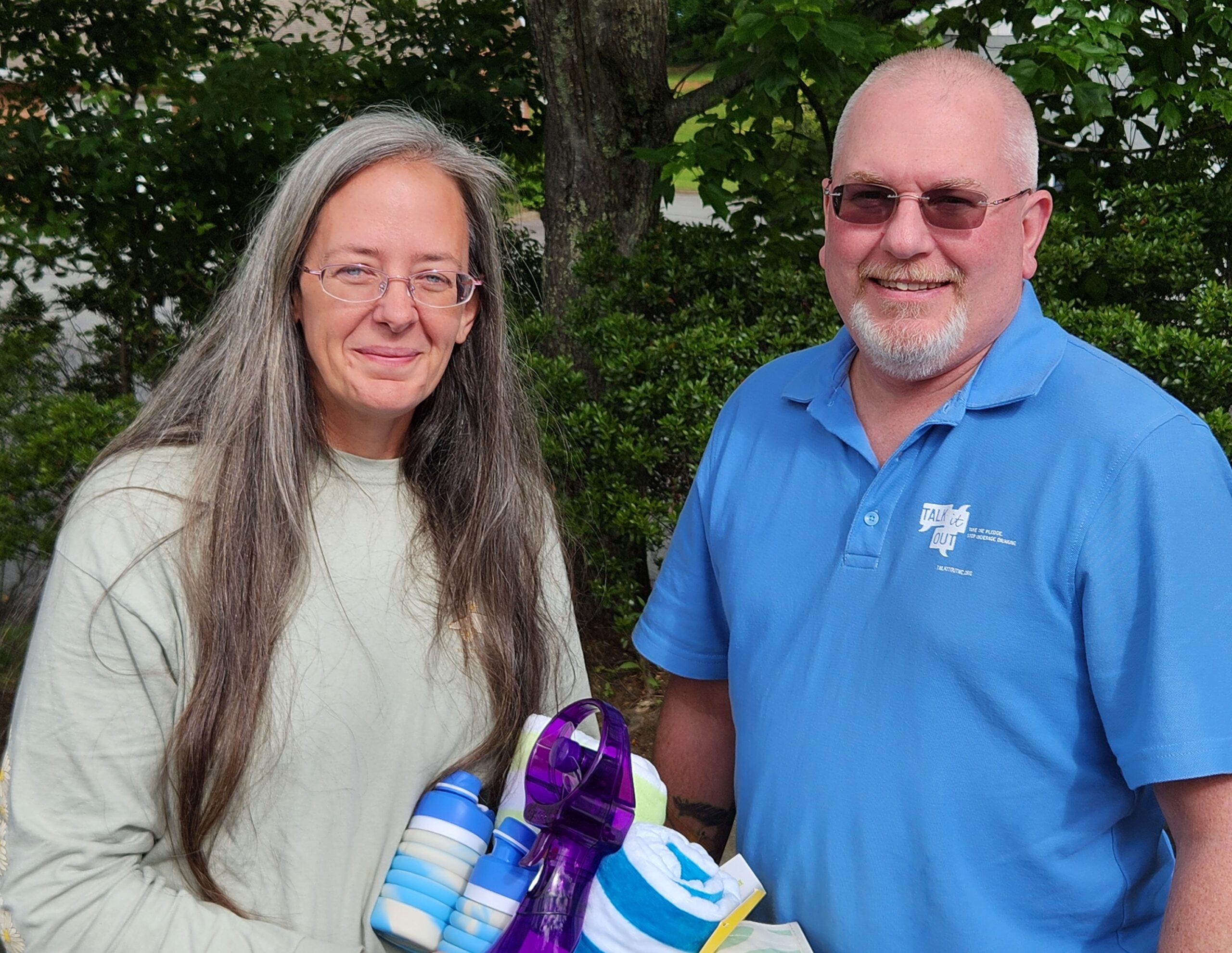Prevent Impaired Driving: A Parent’s Guide to the X-Plan

Have you heard about the X-Plan? It was created by a father who works with teens during their addiction recovery. From his professional and personal experience, this dad believes that kids usually want to make good choices, but sometimes they need a little help.
The X-Plan is basically an emergency escape hatch to get your teen out of a risky situation while preventing them from losing face with their friends.
How Does the X-Plan Work?
If your child finds themselves in a risky situation involving alcohol, sex, drugs, or anything that makes them uncomfortable, they simply need to text you the letter “X.” That’s the signal to you that your child needs help to gracefully escape an uncomfortable situation. Once you get the text, you call your teen with a previously agreed-upon message.
You can say something like, “Aidan, I need you to come home now. I’ll be there to pick you up in five minutes. I’ll explain what’s going on when I get there.” The pressure is now off of your child, and they’re being removed from a bad situation. If their friends ask them about it the next day, they can just say it’s private and they don’t want to talk about it.
The goal is to get your kid out of that situation as quickly as possible, so try to keep things simple. What if your teen is old enough to drive and makes the bad decision to drink at a party? They can still use the X-Plan to get home safely.
Using the X-Plan to Prevent Impaired Driving

Though it’s against the law for teens to buy or consume alcohol, it’s still the most commonly used illegal substance for teens. Your teen may drive to a friend’s house with no intention of drinking alcohol, but then feel pressured by friends to drink.
A friend might say, “You won’t get drunk off one beer. You can still drive.” Or, “You don’t live that far away. Just drive on side streets, and you’ll be fine.” If your teen feels pressured to drink and drive, they can use the X-Plan to quietly get your help to get out of a tricky situation.
You may want to alter the plan for teens who drive, to prevent impaired driving. For example, texting one “X” means they’re sober, but they’re feeling pressured to drink, and need an exit strategy. So, you call and tell them they need to drive home right away.
However, if your teen does make a bad decision to drink and knows they should not get behind the wheel of a car, they could text you “XX.” That’s the signal to you that alcohol is involved, and they need a ride home immediately.
While you may be angry about picking up your drunk teen in the middle of the night, remember the trust it took for them to reach out for help. Car crashes are the number one cause of death for teens in the United States.
In 2017, 15 percent of teenage drivers who were involved in a deadly accident were legally drunk at the time of the crash. Asking for your help is a mature decision. They’re acknowledging that they’re in over their head, and they need your guidance.
Use the X-Plan to Build Trust
To encourage your teen to ask for help instead of going along with a bad situation, the X-Plan recommends that no consequences follow once your teen is safely home. This can be a tough part of the plan for parents to accept, but consider the alternative had your teen not felt comfortable enough to call you.
However, no punishment doesn’t mean there should be no conversation. The next day, talk to your child about what happened. Thank them for recognizing a bad situation and getting out of it without making things worse by impaired driving.
Share with them the facts about how alcohol affects the teenage brain. Their brains are still developing until age 25. Until then, alcohol can cause potentially permanent changes affecting judgment, memory, impulse control, and more.
Keep Talking, They’re Listening
Whether or not your child ever uses the X-Plan, just having the conversation as a family and agreeing to have it as an emergency option, is enough for a lot of kids. It’s also a sign that your family is already having important conversations about the dangers of underage drinking. Go team parents!
If you need help talking to your kids about alcohol, check out our conversation ideas to prevent underage drinking. Talking with your kids is the best way to build trust and prevent them from making poor choices that could have potentially deadly results.
Take the Pledge
Each child in your family is different. One will tell you everything, another will tell you nothing, and the third will tell you their version of the truth. It’s up to parents to create a trusting relationship with each child. There’s no magic formula, and sometimes it’s not easy, but your kids need you to take this important step to get the conversation started and keep it going!
Your family can also Take the Pledge together to stop underage drinking. Teens promise to make good decisions and avoid underage drinking. Parents pledge to set a good example regarding alcohol and to talk regularly with their kids about the dangers of underage drinking.
Part of growing up means giving teens more freedom. And with that freedom comes the responsibility of making grown-up choices. In a perfect world, teens wouldn’t succumb to peer pressure or make risky decisions that put them in dangerous situations. But we don’t live in a perfect world, so while we give teens more freedom, we also need to give them a helping hand to save them from dangerous situations.



